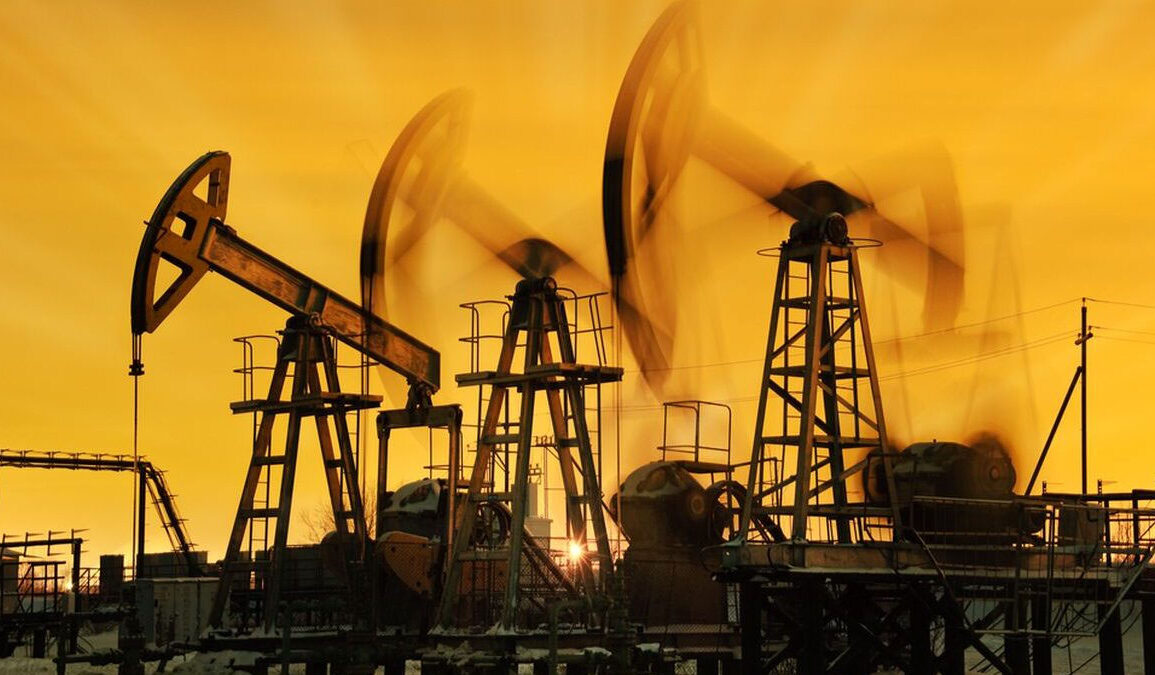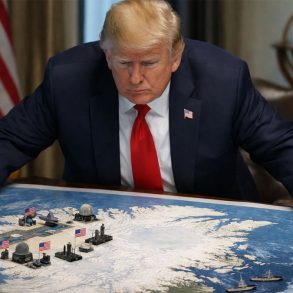On January 20, 2025, President Donald Trump signed the “Unleashing American Energy” Executive Order, signaling a dramatic shift in U.S. energy policy. This comprehensive initiative focuses on bolstering fossil fuel production, deregulating key sectors, and prioritizing domestic energy independence. By undoing several of his predecessor’s climate-focused policies, Trump aims to reestablish the United States as an energy superpower. The executive order highlights the administration’s commitment to job creation, lower energy costs, and national security through energy dominance.
The Trump administration’s executive order begins by framing energy as a critical driver of American prosperity. “America is blessed with an abundance of energy and natural resources that have historically powered our Nation’s economic prosperity,” the order states. However, it criticizes “burdensome and ideologically motivated regulations” for hindering the development of these resources, raising energy costs, and weakening national security.
Trump’s vision is clear: “It is thus in the national interest to unleash America’s affordable and reliable energy and natural resources. This will restore American prosperity … and rebuild our Nation’s economic and military security, which will deliver peace through strength.”
Key Objectives of the Executive Order
President Trump’s executive order lays out several ambitious goals to achieve energy dominance:
1. Maximizing Energy Production
The administration prioritizes energy exploration and production on federal lands and waters, including the Outer Continental Shelf. The order directs agencies to “review all existing regulations, orders, guidance documents, policies, settlements, consent orders, and any other agency actions” that may impede the development of domestic energy resources. Special attention is given to oil, natural gas, coal, hydropower, biofuels, and nuclear energy.
The order also revokes Biden-era restrictions, reopening areas previously off-limits to drilling. It emphasizes the importance of ensuring “an abundant supply of reliable energy” across all states and territories to solidify the U.S. as a global leader in energy production.
2. Promoting Non-Fuel Minerals
In addition to energy resources, the order highlights the need to boost domestic production of critical minerals such as rare earth elements. According to the order, this initiative will “strengthen supply chains for the United States and its allies” while reducing dependence on adversarial nations. Trump’s directive includes updating geological surveys and reassessing land withdrawals to identify untapped mineral resources.
3. Rolling Back Regulations
The executive order targets regulations that restrict consumer choice and stifle economic growth. For instance, it eliminates what Trump describes as the “electric vehicle (EV) mandate” by removing regulatory barriers that favor EVs over gasoline-powered vehicles. The order calls for “a level regulatory playing field” to promote true consumer choice and innovation in the automotive market.
Additionally, Trump emphasizes safeguarding consumer freedom in everyday products, stating that Americans should have access to a variety of “goods and appliances, including but not limited to lightbulbs, dishwashers, washing machines, gas stoves, water heaters, toilets, and shower heads.”
4. Streamlining Permitting Processes
To accelerate energy infrastructure development, the order mandates a more efficient permitting process for projects such as pipelines, power plants, and liquefied natural gas (LNG) export terminals. Agencies are instructed to “eliminate all delays” and use emergency authorities when necessary to expedite permits for projects deemed essential to national security or the economy.
5. Revocation of Climate Policies
The order revokes several key executive actions from the Biden administration, including those tied to the Paris Climate Accord and the Inflation Reduction Act. Programs such as the American Climate Corps are terminated, with associated funds redirected or discontinued.
Anticipated Effects of the Policy
Economic Impact
Supporters of the executive order argue that it will:
- Create Jobs: Expanding energy production is expected to generate thousands of jobs, particularly in oil-rich states like Texas, Alaska, and Pennsylvania.
- Lower Energy Costs: Increased domestic production aims to reduce energy prices for consumers, easing the burden on households and businesses.
- Strengthen Industries: By boosting the production of critical minerals, the U.S. can reduce reliance on foreign suppliers and enhance its manufacturing and defense sectors.
Global Implications
- Energy Exports: The order aims to position the U.S. as a leading energy exporter, which could enhance geopolitical leverage. However, this may provoke competition with other energy-producing nations.
- Mineral Independence: Reducing dependence on China for critical minerals aligns with national security goals but could strain international relations.
Challenges and Criticisms
While the executive order sets a bold agenda, its implementation faces significant challenges:
- Legal Obstacles: Environmental groups are likely to challenge the rollback of regulations in court, potentially delaying key initiatives.
- Global Market Dynamics: Oil and gas prices are influenced by international factors beyond the control of any administration, such as OPEC policies and global demand trends.
- Economic Trade-Offs: Critics argue that prioritizing fossil fuels could hinder growth in renewable energy sectors, which have created thousands of jobs under recent climate policies.
Trump’s “Unleashing American Energy” Executive Order represents a bold move on fossil fuels and deregulation as the cornerstone of U.S. energy policy. By prioritizing domestic production, streamlining regulations, and reducing reliance on foreign resources, the administration hopes to create a robust energy sector that drives economic growth and enhances national security.
FAM Editor: We do not see this as an attack on renewable energy, although we expect to see a massive reduction in subsidies. Incoming Energy Secretary Chris Wright has a history of diverse investments in energy, and Trump is a businessman who appreciates profitable enterprises. The losers will be the radical environmentalists who will have much less influence hereafter.








